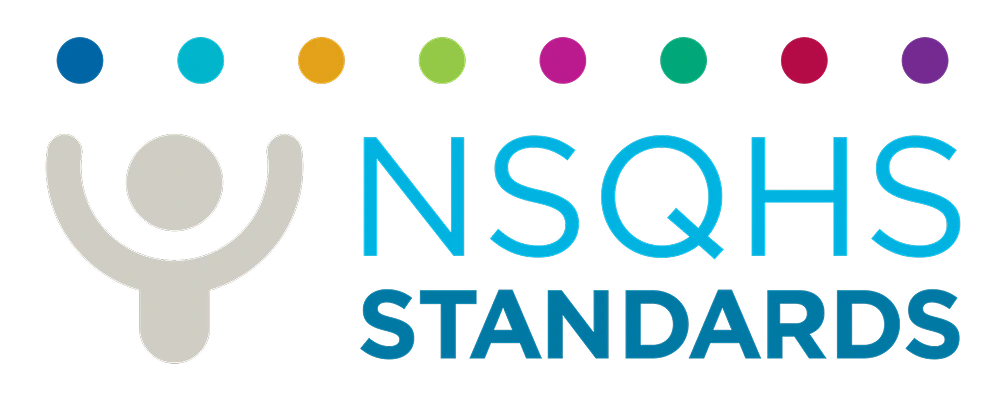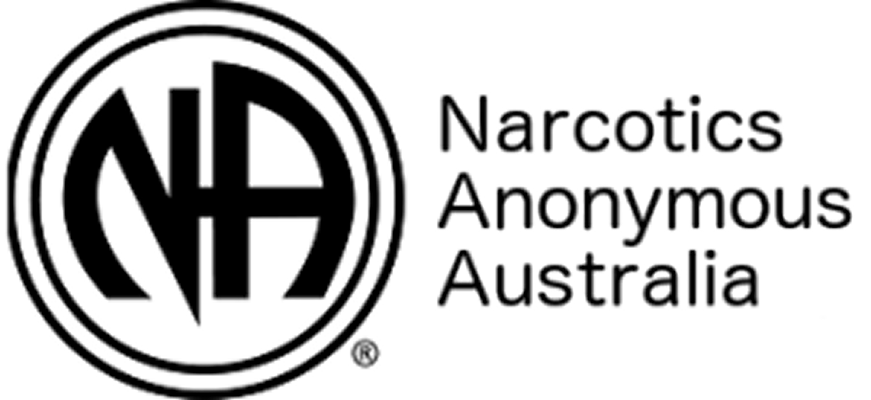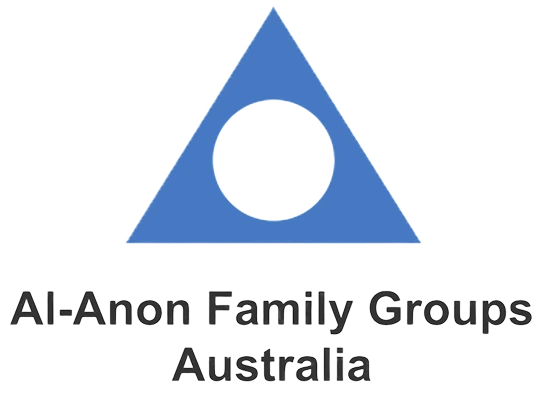Addiction treatment that treats more than addiction
Our holistic care model blends medical support with therapies like psychiatry, yoga, and equine sessions to support healing across body, mind, spirit, and relationships at every stage of recovery.
Discover how our accredited, trauma-informed programs help individuals and families achieve long-term recovery from addiction and mental health conditions.
Take a self-assessment or speak to someone now, with no pressure to commit.

The Hader Clinic is a nationally accredited addiction and mental health treatment provider with decades of experience. More than that, we are a place of hope. Many of our staff have walked this path themselves, and we understand how hard it is to reach out for help. Our programs combine clinical excellence with compassion, giving every individual the support they need to reclaim their life.

Our values are realised every day through the way we care, listen, and walk alongside each client. We believe in meeting people where they are, supporting them without judgment, and creating a path to recovery that feels personal, respectful, and safe. These values are the foundation of every program we offer.
The Hader Clinic was founded in 1996 by Richard Smith, who built it from the ground up after finding his own path to recovery. What began as a small, peer-led support initiative has evolved into a national leader in private addiction treatment. We now offer a licensed detox hospital, residential rehab, transitional housing, outpatient care, and digital aftercare. We’ve even introduced innovations like equine therapy, telehealth counselling, and structured family programs.

Our holistic programs integrate clinical care, counselling, creative therapies, and family involvement, all within a safe, structured environment.
.webp)
Our Geelong facility is a licensed private hospital offering 24/7 medical supervision and medication-assisted detox protocols.

Our Essendon campus provides structured, community-focused rehab with group therapy, equine sessions, and trauma-informed care.

Hader at Home and transitional housing ensure clients continue receiving care after discharge, with a 72% enrolment rate in aftercare.



We know that recovery is about more than quitting substances — it’s about healing, connection, and building a meaningful life. That’s why we measure success not just by sobriety, but by self-worth, community, and personal growth. Your rehab may include on physical, cognitive, emotional, spiritual and social therapy, all delivered over 400+ hours of assorted one-on-one and group sessions. We’ll give you your best chance at long-term sobriety. Just take a look at our stats.
Program completion rate for clients enrolled in 60- and 90-day rehab
12-month sobriety rate for clients who complete our 90-day program (national average is 35%)
We are fully compliant with the Privacy Act 1988 and Health Records Act 2001 (VIC), but our commitment to your safety goes beyond policy. From your very first call to your final session, you’ll be treated with respect, empathy, and confidentiality.
Many of our staff are former clients, and many of our clients go on to thrive. Read firsthand accounts of transformation and trust in the power of lived experience.
We are fully licensed, accredited, and compliant across clinical, governance, and safety domains, including NSQHS, ISO9001:2015, and the Victorian Department of Health.





Our holistic care model blends medical support with therapies like psychiatry, yoga, and equine sessions to support healing across body, mind, spirit, and relationships at every stage of recovery.


Our team includes AHPRA-registered doctors, therapists, counsellors, and recovery coaches — many with lived experience — offering professional, compassionate support through every step of treatment.
We operate two main facilities to support every stage of recovery. Our licensed private hospital in Geelong provides 24-hour medically supervised detox, while our residential rehab centre in Essendon offers structured daily therapy and holistic care. We also provide transitional housing and digital aftercare through our Hader@Home program.
Medically supported detox, inpatient residential rehabilitation, and transitional housing programs.


We operate under strict Australian healthcare laws and best-practice frameworks. This includes compliance with national safety standards, mental health legislation, and clinical governance protocols.
Whether you’re enquiring for yourself or a loved one, we’re here to help. No pressure, no judgment — just honest answers and experienced care.
Speak to someone who understands